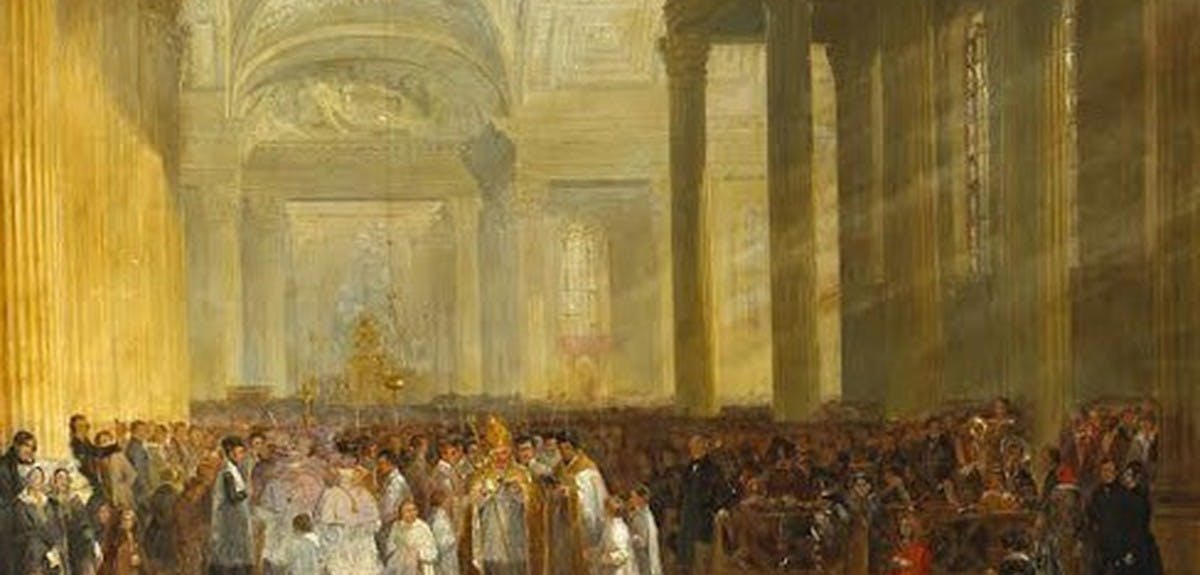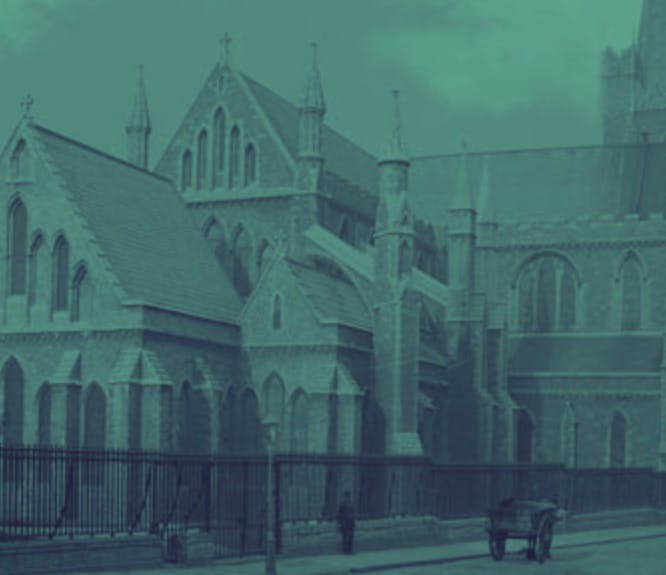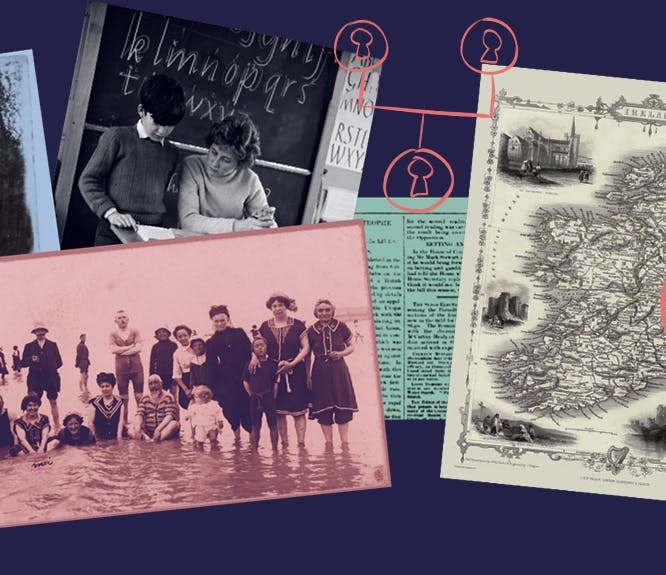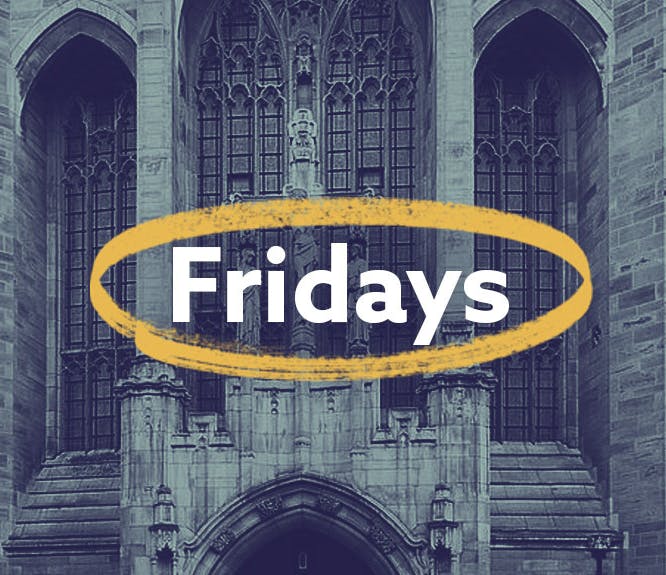The Representative Church Body Library (part one)
2-3 minute read
By The Findmypast Team | January 24, 2012

In the second of this month's expert posts we have part one of a two part post on the Representative Church Body Library (RCBL). In this post Eneclann's Fiona Fitzsimons gives us some essential background information on the RCBL and its potential use in your Irish family history research.
The Representative Church Body Library (RCBL) is the Church of Ireland's repository for its archives and manuscripts, and is open to genealogical researchers. A Library information leaflet containing information on opening hours, and directions for getting there, can be downloaded in PDF format on the
Church of Ireland website.
The RCBL holds the official archives of the Church of Ireland, which can be broadly classified as the parish, diocesan, cathedral and central administrative records of the reformed (Anglican) Church of Ireland. The Library also has a manuscript collection containing approximately 750 items, which includes:
Many genealogists question whether any of the records held by the RCBL are relevant to their own research. After all, the Church of Ireland was always a minority church, and never represented more than 25% of the total Irish population. However, between 1534 and 1870 in its role as the official church of the State, the Church of Ireland had a level of influence that far exceeded the size of its community.
"Between 1534 and 1870, the Church of Ireland had a level of influence that far exceeded the size of its community
[](span)
"
"Membership of the established Church was the key … to ecclesiastical advancement … the attainment of public office and the ownership of land…Its parishes were units of local government; its courts, centres of matrimonial and testamentary jurisdiction; its prelates and clergy, often important officers of State; and its churches, for periods, the only places in which acts of worship were permitted under the law". 1
Given the administrative role of the Church of Ireland as the State church, the wills and marriage records of the diocesan (Consistorial) courts also encompass Protestant Dissenters and individuals who were Roman Catholic can also be found in the wills and administrations records. More unexpectedly Church of Ireland parish registers will often record Presbyterian marriages up to 1782, and Methodist marriages up to 1845. Burial registers particularly of rural parishes, will often also record an entire community in death, regardless of their religious denomination. To ignore the records held in the RCBL would be a cardinal sin for the genealogical researcher, even if the person or family you're tracing was not a member of the Anglican church in Ireland.
One of the common misconceptions in Irish genealogy, is that all Church of Ireland records were destroyed in 1922 when the Public Records Office in Ireland was blown up. Certainly many historic records created by the Church of Ireland, were destroyed at that time including
The Church of Ireland responded to the destruction of its historic records by establishing in 1926 the Ecclesiastical Records Committee, to recover what information could be found in full or partial transcripts from official, scholarly and antiquarian sources. In 1939, the function of the Ecclesiastical Records Committee was amalgamated with the Representative Church Body Library. So despite the enormous gaps in these historic records, the archives and manuscript collections held in the RCBL provide the most extensive record series that survive for the Church of Ireland in its religious but also in its administrative role.
Take a look at part two, in which Fiona discusses the main collections available in the RCBL
Ref:
1. Raymond Refausse, Church of Ireland records, Maynooth Research Guides for Irish local history, 2nd edition, 2006, p. 23.




